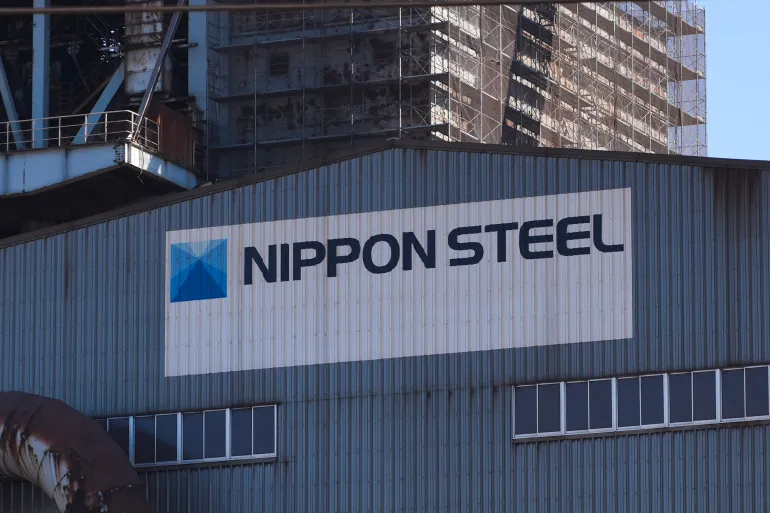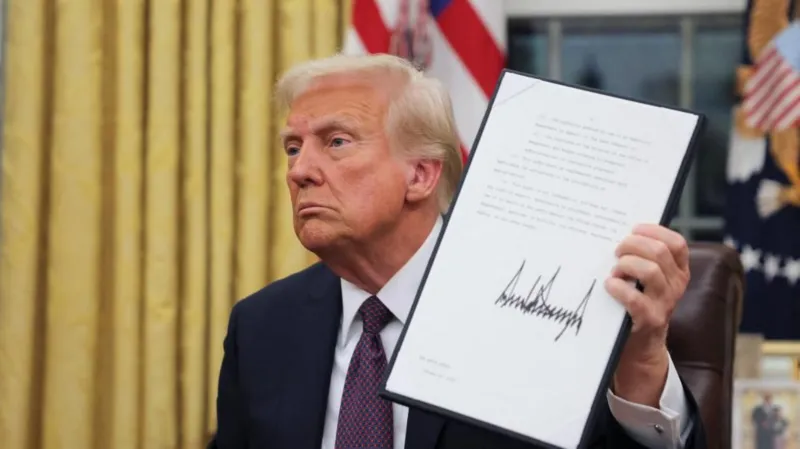In a significant move reflecting the Biden administration’s commitment to safeguarding critical American industries, the proposed sale of U.S. Steel Corporation to Japan’s Nippon Steel has been blocked. This decision comes amidst heightened concerns over national security, economic independence, and the preservation of domestic manufacturing capabilities.
The U.S. Steel Corporation, a cornerstone of American industrial heritage, plays a pivotal role in supplying essential materials for infrastructure, defense, and energy sectors. Allowing a foreign entity, even a trusted ally like Japan, to acquire such a vital enterprise raised alarms among policymakers and experts alike.
By intervening in this deal, President Biden underscores his administration’s prioritization of maintaining control over key industries critical to the country’s strategic interests. The decision aligns with broader efforts to reinforce domestic supply chains, bolster manufacturing jobs, and reduce reliance on foreign entities for materials essential to national security.
While Nippon Steel is a globally respected company with a reputation for innovation and efficiency, the move signals a broader trend in U.S. policy under the current administration: a cautious approach to foreign acquisitions of American assets, particularly in sectors deemed strategically significant.
This development also resonates with the administration’s “Buy American” initiative, which aims to foster resilience within domestic industries, enhance competitiveness, and secure jobs for American workers. It highlights a balancing act between fostering international trade and protecting national interests—a defining challenge in an increasingly interconnected global economy.
The decision has sparked mixed reactions. Advocates applaud it as a necessary step to safeguard critical industries, while critics warn it may strain trade relations with Japan, a long-standing ally. Some industry analysts also argue that foreign investments could have brought much-needed capital and technological advancements to U.S. Steel, potentially revitalizing its operations.
As global economic dynamics continue to evolve, this decision sets a precedent for how the United States will approach foreign investments in key sectors moving forward. It raises essential questions about the balance between welcoming international collaboration and preserving sovereignty over strategic assets.
For now, the Biden administration’s stance is clear: when it comes to America’s foundational industries, protecting national interests takes precedence. This decision is a reminder of the complex interplay between economics, security, and geopolitics in shaping policy choices on the global stage.




















